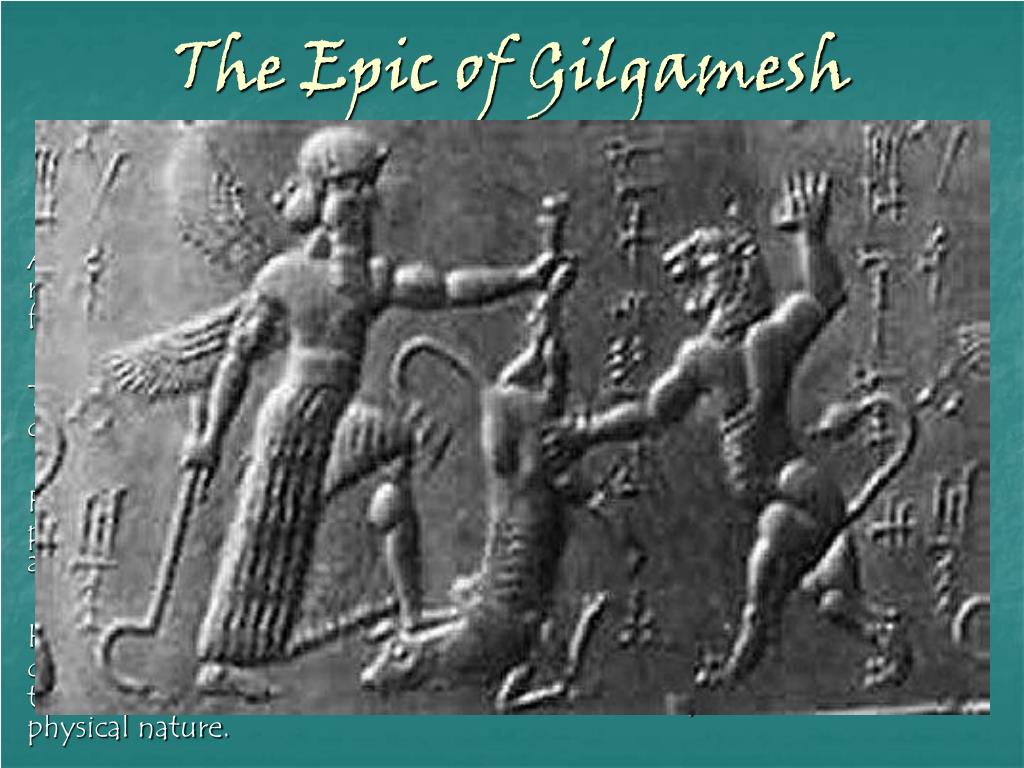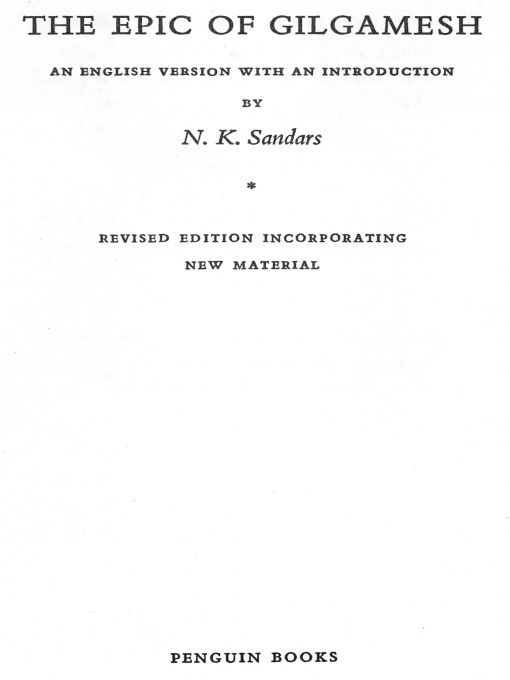

Gods still more, and they sentence Enkidu to death.

Instead Gilgamesh and Enkidu kill the Bull, which angers the On her father, the sky god, to send another monster, the Bull of Heaven, to Her lovers come to a bad end, so Gilgamesh rejects her. But she is the goddess of sex and violence and all Gilgamesh is washing after the fight the goddess Ishtar sees him, falls in This angers the gods, since Humbaba was their monster. Together they go on a quest to the Cedar Forest and kill the monster Humbaba They turn out to beĮqually matched, so they kiss and make friends and embark on heroic adventures.

But whenĮnkidu tries to stop him violating brides, they fight. Gilgamesh falls in love with Enkidu, caressing him like a woman. She teaches him to wear clothes and eat human food. Seduces him and after seven days and nights of fervent love-making he becomes

However, a votaress of the temple in Uruk The gods create a wild man called Enkidu to stop Gilgamesh oppressing hisĮnkidu is made from the clay the mother goddess washes from her hands, and Lustful and tyrannical, seizing and violating brides on their wedding day. He is a great warriorĪnd builds a magnificent city using glazed bricks, a new technique. He rules the city of Uruk (now Warka in southern Iraq). The epic tells the story of a king, Gilgamesh, whose mother is a goddess. The 1870s, a self-taught, working-class Londoner called George Smith, studyingĬlay tablets in the British Museum, cracked the code and brought The Epic of (cuneiform) dents in wet clay with bits of reed.įor centuries the secret of how to read cuneiform script was lost. Tablets in the earliest known alphabet, which is called cuneiform scriptīecause the scribes who wrote it formed the letters by making wedge-shaped What readership or audience it was intended for. It wasĬomposed nearly 4,000 years ago in ancient Mesopotamia (roughly equivalent to The oldest surviving literary work is The Epic of Gilgamesh.


 0 kommentar(er)
0 kommentar(er)
